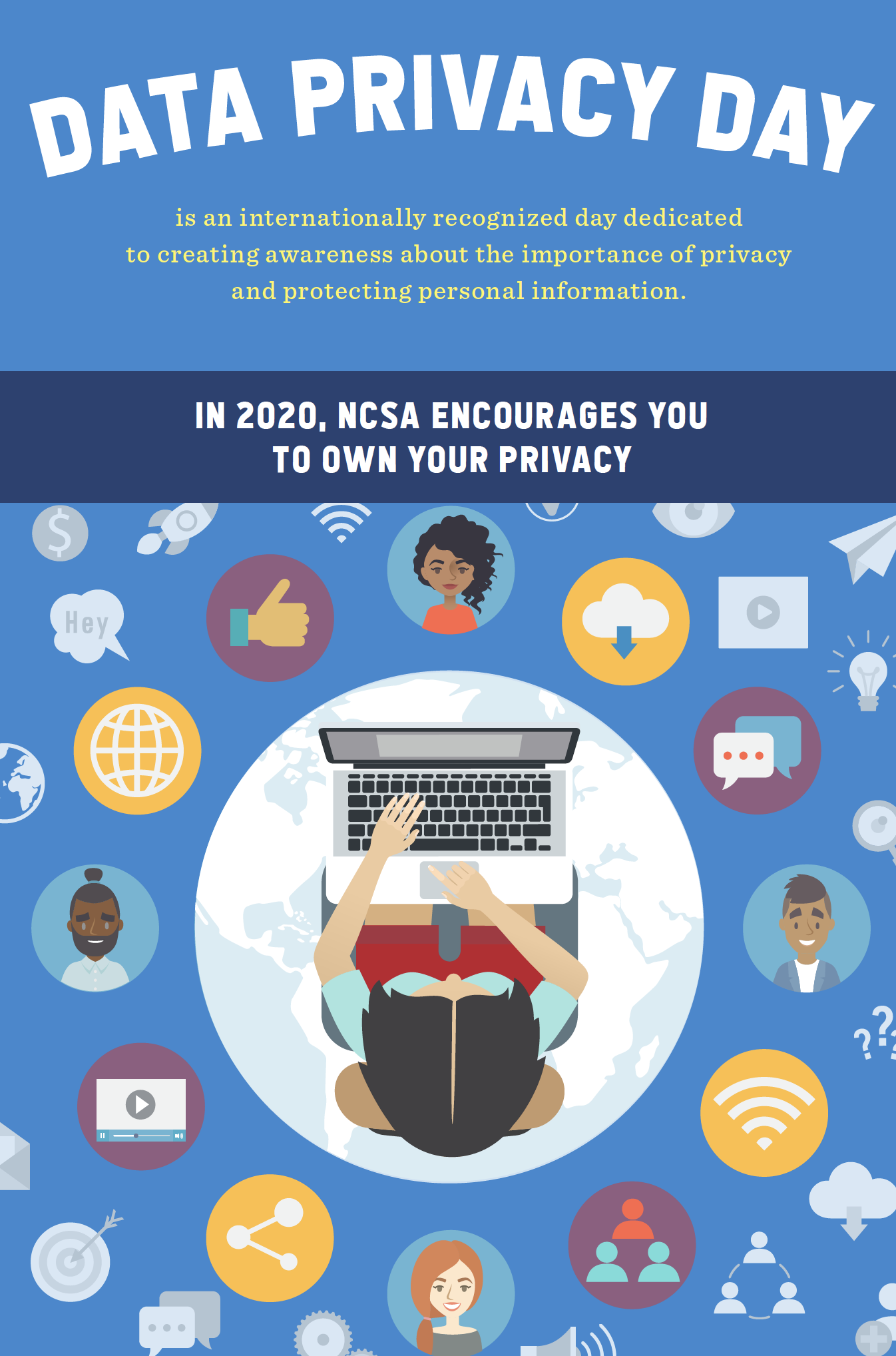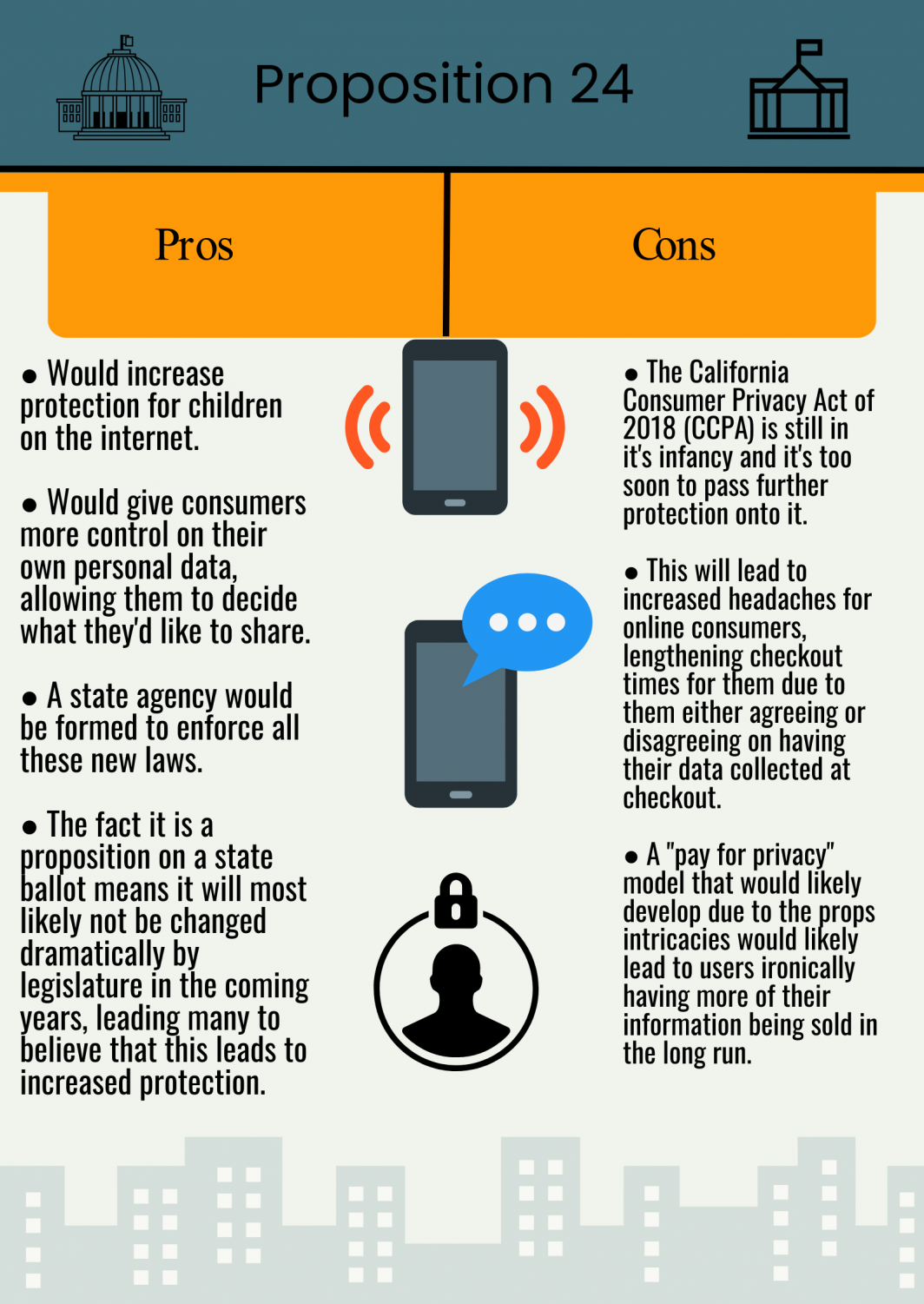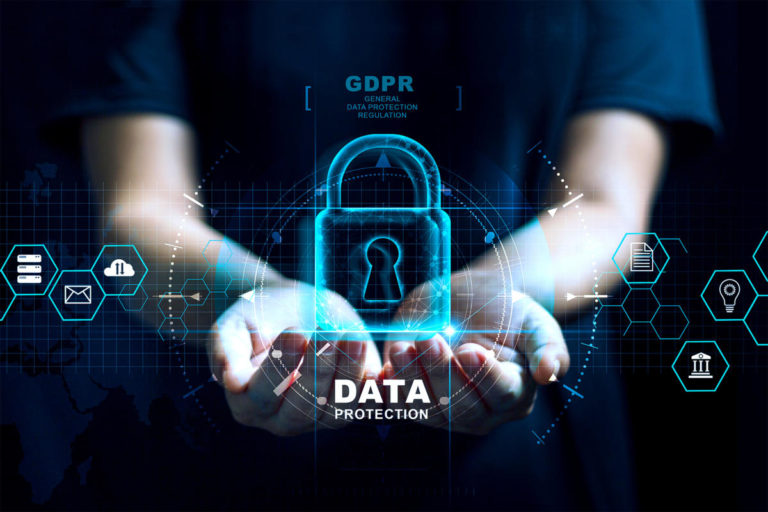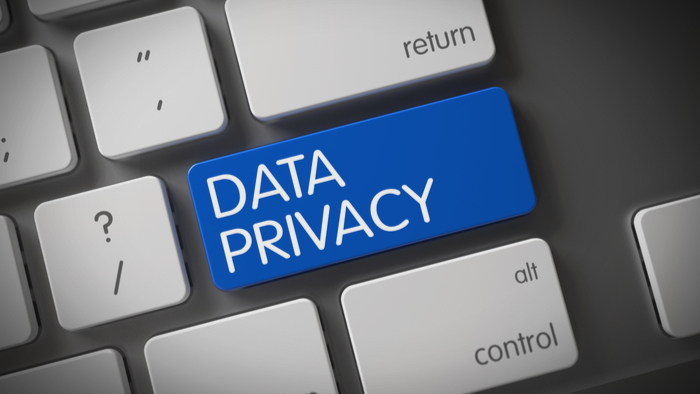
The government has very little obligation to protect our private information, as a constitutional or policy matter. Most of us are not aware of how much personal information about us is available for purchase, let alone what role we may have played in enabling the collection of that data by clicking on “I agree” before reading a privacy policy or by failing to take simple precautions to protect sensitive data-like robust passwords changed regularly for online accounts. In other words, privacy has become a commodity. And this data can be aggregated with other data about us from other sources, and then find its way into the hands of data brokers who will sell detailed dossiers to anyone prepared to pay for them. Yet, when confronted by discounts for goods or services -say, by joining loyalty programs- many of us will give away large volumes of personal information in return for a $5 discount on our next meal. When surveyed about the importance of privacy in the abstract, most of us rate privacy highly. While consumer suggestions and reminders can be helpful, the same aggregations of personal data can be used to cause harmful discrimination in education, employment, housing and law enforcement.
#DATA PRIVACY PRO AND CON MOVIE#
When Amazon makes a suggestion for the next book I might want to read based on my past browsing habits, or Netflix recommend the next movie or TV series, that can be helpful and save time.īut there are pros and cons to this convenience. Lots of people do not see any particular harm in these digital suggestions, which can actually be quite useful from the point of view of consumers who are bombarded with high volumes of information all the time. We are often surprised when we are confronted by targeted advertising-our digital devices seeming to know exactly what we’ve purchased, where we’ve been, or what goods or services we might like to purchase. Many of us assume we must have a basic right to privacy (we don’t) that is protected by the constitution (it isn’t) and/or by other laws (sometimes). The legislative approach to privacy in the United States has been piecemeal and has only arisen in limited circumstances with respect to certain classes of sensitive data like health information, educational records, and financial information. To the extent the United States doesn’t hold up privacy as a constitutional value -except as implied in other sections of the Constitution- our lawmakers are at a disadvantage when they want to protect privacy.




#DATA PRIVACY PRO AND CON FREE#
Other countries, like Canada, New Zealand and the European Union member countries, enshrine both privacy and free speech in their bills of rights. A law that restricts what information you can disseminate about someone else might be challenged under the First Amendment. Privacy has been a thornier issue in the United States than in many other countries because our Constitution expressly protects free speech but doesn’t protect privacy, and the two values are often in tension. I also offer practical tips for what individuals can do to better protect their personal data and digital privacy. However, one of the main reasons I wrote the book was to explain why we often do not have the rights we assume we do, and how we can become more aware of the information that others know about us in the digital age. My book, Our Data, Ourselves: A Personal Guide to Digital Privacy, was written before the decision in Dobbs and focuses more generally on privacy in the digital world.


 0 kommentar(er)
0 kommentar(er)
